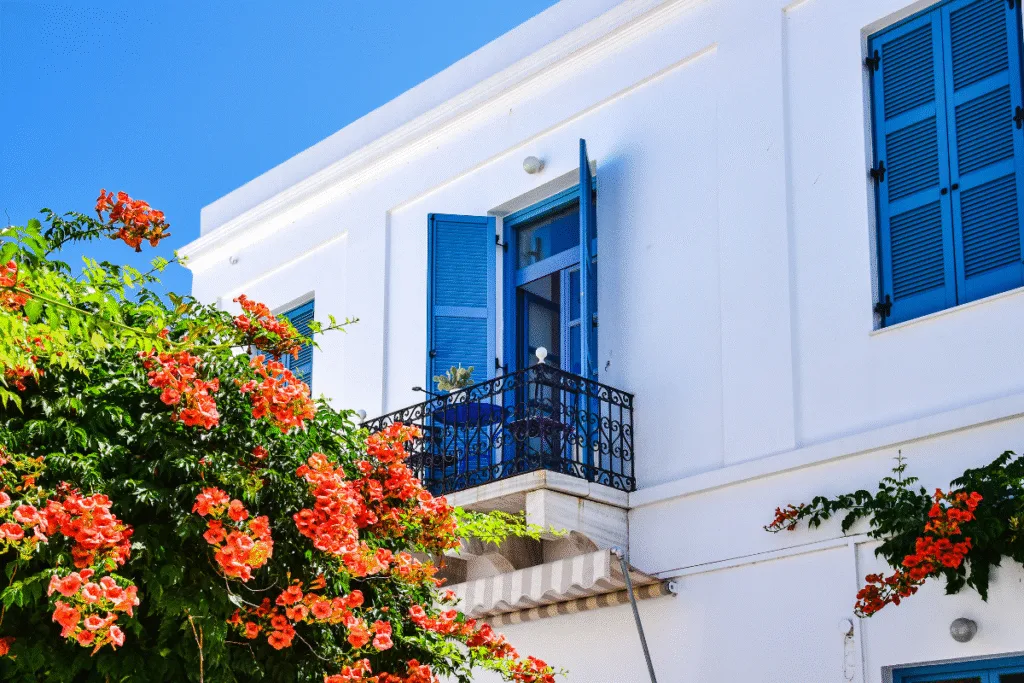If you’ve ever visited a traditional Greek village or stayed in a seaside town like Pefkochori or Chanioti, you might have noticed something unusual during midday. The world seems to pause. Shops close, voices drop, and even the busiest streets grow quieter. This isn’t by accident. It’s called Mesimeri, and it’s an important part of Greek daily life.
Mesimeri (μεσημέρι) literally means “midday” in Greek, and it refers to the quiet hours typically observed from 2:00 PM to 5:00 PM. During this time, many Greeks take a break from work, rest at home, or enjoy a nap, especially in the warmer months when the midday sun is at its strongest.
This break isn’t just cultural. It’s also protected by law. Greece officially enforces quiet hours during the summer (April 1 – September 30) and winter (October 1 – March 31) seasons:
Respecting quiet hours is important, especially if you’re staying in residential areas or traditional neighborhoods like those near our apartments in Pefkochori and Chanioti. Loud music, shouting, or any kind of disturbance can lead to complaints, and yes, even fines in some cases.

Many locals use this time to rest before going back to work or enjoying long evenings with family and friends. As visitors, being mindful of this rhythm shows respect for the community and helps you blend in more naturally with local life.
In a world that moves fast, this built-in pause might feel unusual at first, but it’s actually one of the most charming parts of Greek culture. It’s a reminder to slow down, enjoy the moment, and take care of your well-being.
At Wave & Sand Apartments, we love how Mesimeri reflects the relaxed pace of life in Halkidiki. It gives our guests a chance to truly unwind and feel in tune with the place they’re visiting.
If you’re looking for more than just a vacation, if you want to experience the rhythm of Greek life, Mesimeri time is something to cherish, not avoid.